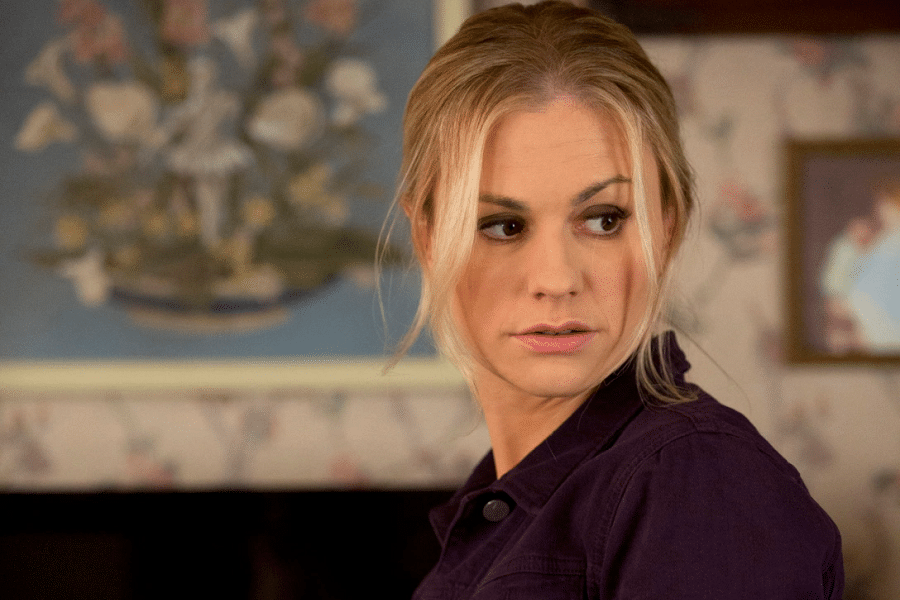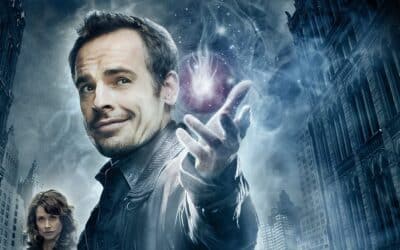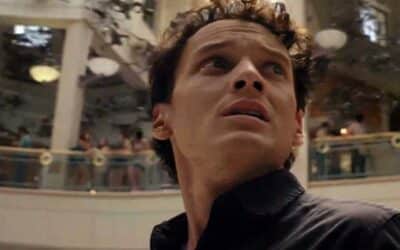
Shadow Sleuths and Phantom Files
In the realm of mystery fiction, there exist detectives whose cases stretch the boundaries of the plausible, venturing into the spectral domains of the paranormal. Their exploits are not confined to the limits of the physical world but instead bridge the gap between the known and the unknown, the tangible and the ethereal. These figures, fondly dubbed as “Paranormal Detectives,” are the explorers of unseen landscapes, the shapers of narratives that celebrate the otherworldly side of mystery fiction.
Paranormal Detectives embody a curious amalgamation of the rational and the uncanny. They are Sherlock Holmes draped in Harry Potter’s invisibility cloak or Nancy Drew with a touch of Sabrina’s witchcraft. The characters’ ability to navigate both the mundane and the spectral imbues the narrative with a unique allure, a blend of deductive reasoning with a sprinkle of the arcane.
In the ever-evolving landscape of mystery fiction, the concept of the Paranormal Detective is a relatively fresh facet. These detectives lend a bold and thrilling dynamic to the genre, transforming the familiar into the extraordinary. As they follow clues not only through the mean streets of reality but also the misty alleyways of the ethereal world, these detectives invite us into a universe where the impossible becomes plausible.
A prime example of this genre is the Dresden Files series by Jim Butcher. The protagonist, Harry Dresden, is a wizard detective in modern-day Chicago, navigating the ordinary and extraordinary with equal flair. Dresden’s reality is a heady cocktail of supernatural entities, magic-infused crimes, and the everyday grind of being a private detective. Butcher’s work exemplifies the Paranormal Detective genre, artfully balancing elements of mystery and fantasy.
Another shining star in this supernaturally charged cosmos is Charlaine Harris’s Southern Vampire Mysteries, popularly known for its television adaptation, “True Blood.” The series protagonist, Sookie Stackhouse, is a waitress with telepathic abilities who finds herself embroiled in an array of murders, mysteries, and mayhem, all while navigating a world teeming with supernatural beings.
The allure of Paranormal Detectives in mystery fiction lies in their rule-breaking tendencies. Traditional mystery stories are grounded in reality, following a familiar set of conventions. The detective faces a puzzling situation, usually a crime, collects clues, encounters red herrings, and eventually, through sharp intellect and sometimes sheer luck, unravels the mystery.
However, the paranormal detective genre tosses a magical wrench into the conventional machinery of mystery narratives. Suddenly, the detective can be a centuries-old vampire, a gifted medium, or a wizard-for-hire. The crimes can involve ghostly apparitions, curses, or magical artifacts. The clues can be hidden in ancient grimoires, deciphered in otherworldly visions, or whispered by ghostly informants. This shift widens the narrative possibilities, creating a layered reading experience that is as chilling as it is enthralling.
This genre, while modern in its outlook, has roots that delve deep into the past. The blending of the supernatural with the investigative can be traced back to Edgar Allan Poe’s Auguste Dupin and Arthur Conan Doyle’s Sherlock Holmes. Both Dupin and Holmes, though not paranormal detectives in the modern sense, often dealt with cases that had an aura of the uncanny, the inexplicable. They employed rationality to dissect what initially appeared as supernatural, thus laying the groundwork for the evolution of the Paranormal Detective.
Paranormal detectives, however, don’t merely embody an evolution in the mystery genre; they also reflect a shift in societal norms and beliefs. As society has become more open to exploring metaphysical ideas and entertaining the notion of the paranormal, so too has our literature embraced these concepts. The Paranormal Detective is a testament to our collective curiosity about the unknown, our fascination with the idea that there might be more to the world than what meets the eye.
In this light, Paranormal Detectives also serve as cultural barometers, reflecting our evolving understanding of the world around us. As we broaden our perceptions and question the nature of reality, our fictional detectives evolve in tandem, delving into mysteries that echo our questions and mirror our explorations.
The narrative structure of the Paranormal Detective story also provides a unique platform for exploring themes of otherness and identity. Often, these detectives find themselves straddling two worlds, caught between the familiar and the fantastic. Their struggles and journeys resonate with readers, reflecting our own experiences of navigating a world that is often puzzling and unpredictable. Through their paranormal encounters, these detectives, and in turn, readers, come to understand that the world is a tapestry of many threads, each as real and as significant as the other.
One cannot discuss the genre without acknowledging the unique challenges these narratives present to the authors. Writing a Paranormal Detective story requires a careful and delicate balance. The author must weave together the conventions of a mystery narrative with elements of the supernatural, ensuring that neither overshadows the other. They must create a world where the mundane and the magical coexist, each element enhancing and not detracting from the other. The magic must serve the mystery and vice versa, creating a harmonious narrative that satisfies fans of both genres.
Moreover, the author must create a detective who is not only capable of solving complex mysteries but also of navigating the supernatural world. This requires careful character development, ensuring that the detective’s abilities are both believable within the context of the story and not so overpowering that they eliminate all challenge or suspense.
Despite these challenges, or perhaps because of them, the Paranormal Detective genre is thriving, offering readers a fresh and exciting perspective on the classic mystery narrative. It’s a genre that invites us to suspend disbelief, to entertain the extraordinary, and to embark on a thrilling journey into the unknown.
The Paranormal Detective in mystery fiction is a symbol of our evolving storytelling, a testament to our boundless imagination. As readers, we are drawn to these characters and their otherworldly adventures, captivated by their unique blend of deduction and divination. We revel in their explorations of the unknown, excited by the promise of a mystery that transcends the ordinary. As we turn each page, we are not just solving a mystery; we are embarking on a spectral journey, venturing into realms unseen, and discovering that, in the world of the Paranormal Detective, nothing is ever as it seems.
And so, with an open mind and a thrill for the unknown, we dive into the spectral realm of the Paranormal Detective. A realm where the clues are cryptic, the mysteries are otherworldly, and the detectives are nothing short of extraordinary. In this world, we find not just mysteries, but a doorway to the extraordinary, an invitation to experience the uncanny. A truly spectral investigation into the realms of the unknown.
Because, after all, why settle for the ordinary, when you can delve into the extraordinary? And that, dear readers, is the magic of Paranormal Detectives in mystery fiction.
More Supernatural Features
Paranormal Cozy Mysteries
Blending the Supernatural with the Serene
Magical Thrillers
Where thriller and magic collide
Clairvoyants in Fiction
Clairvoyance in the Whodunit and the Thrill-a-Minute



